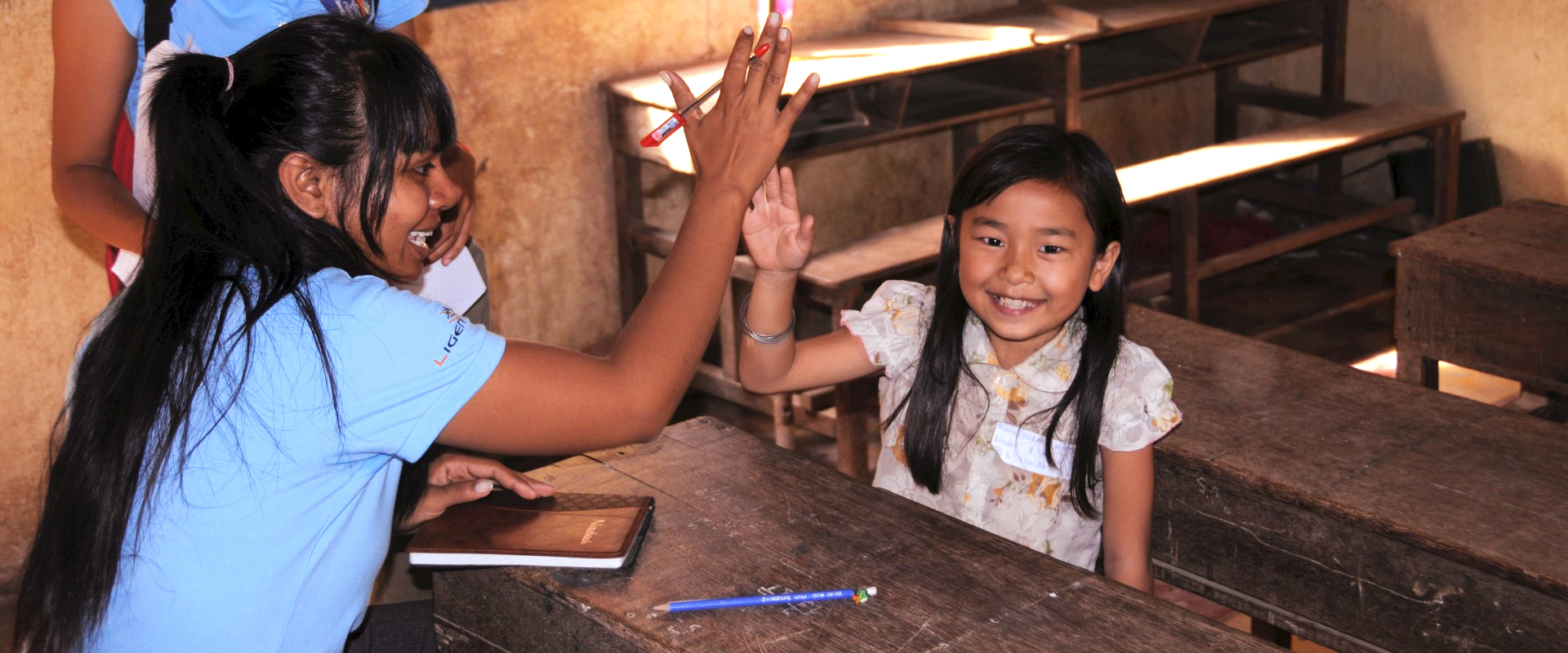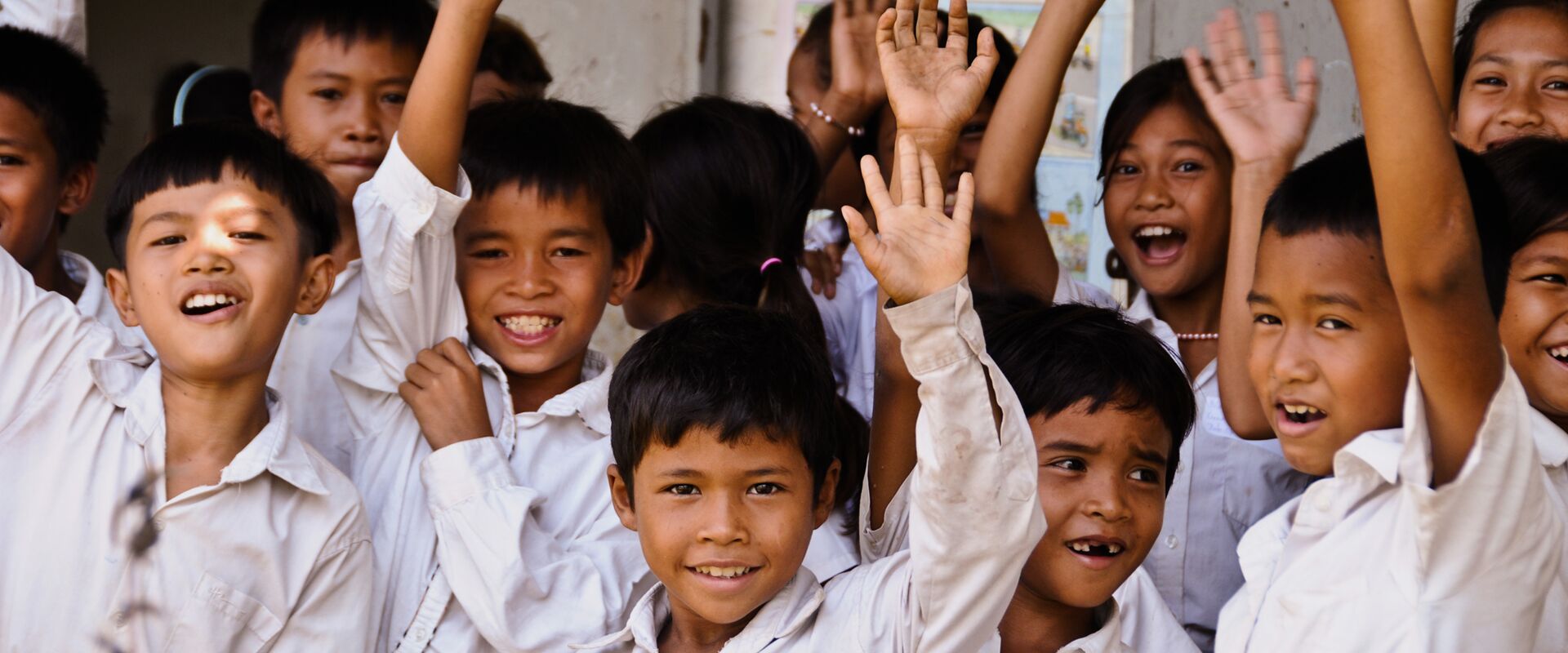Liger has conducted 3 recruitment drives, improving our methods and extending our reach each time. The first cohort was recruited from 8 different provinces, the 2nd from 17 and the third recruitment drive involved our team traveling to all 25 provinces, resulting in 24 provinces being represented in the 3rd cohort of 60 students.
One central aspect that has remained in all 3 recruitment drives is that we are always completely unaware of a student’s family’s economic status until that student has passed all levels of recruitment, at which time our Social Worker makes a home visit to learn more about the family. This has resulted in our students coming from a variety of socio-economic backgrounds, which has also enabled us to help break down social barriers. All students have been economically, educationally, and/or geographically disadvantaged.
English has never been a barrier to entrance at Liger.
The recruitment process requires excellent communication, participation, and collaboration amongst all stakeholders, including but not limited to, the Ministry of Education Youth and Sports (MoEYS) at central, provincial, and district levels, all Liger staff and students, prospective students and their families.
A simplified and brief overview of the third recruitment process is described below:
Liger connects directly with MoEYS to announce its intention to recruit cohort 3
All Provincial Heads of Education are, in turn, informed about Liger’s recruitment drive
Liger connects with all Provincial Heads to explain the process.
Every Provincial Head selects:
- 5 schools from their province
- A central examination location for the province
Directors from the selected schools propose a total of 12 students from grades 5 and 6 to travel to the appointed examination location for round 1 of the Liger recruitment process.
Round 1
Students sit a variety of small examinations, checked and marked immediately by the Liger team.
Selected students take part in leadership activities, have an introduction to the ideas behind project-based learning and take part in a one-on-one interview with the Cambodian recruitment team leader. The interview is also assessed by 3 more Liger Cambodian staff.
Students selected at the end of Round 1 return home with an instruction to explore opportunities in their home environment, village, town, city and develop some ideas on how things could be better.
Round 2
Students travel to Liger Leadership Academy with their parents for an overnight stay
Students present their ideas to existing Liger students and staff, who assess them according to a Liger-specific rubric.
Students are individually interviewed by the Country Director and Head of Recruitment.
Round 3
Successful candidate’s families are visited by the Social Worker and Residential Educator Supervisor.
Round 4
Successful students are invited to join Liger.
In addition to the above recruitment process, Liger invites students to register for Open Day Recruitment carried out on specific dates at the Liger campus. Successful applicants from those days then follow the same recruitment procedures as listed above.
Special thanks to H.E. Dr Hang Chuon Naron, Minister of Education, Youth and Sport (MoEYS), and everyone at his Ministry, whose unwavering support has always helped Liger in the fulfillment of its mission to develop change agents who have a positive impact on their country.


